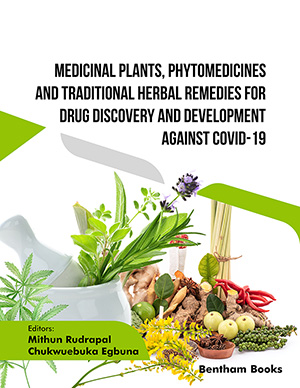Abstract
Cell death by apoptosis is a fundamental mechanism for the maintenance of tissue homeostasis, activated to get rid of excess, damaged, or infected cells. It may be induced by several stimuli such as growth factor withdrawal, oxidative stress, drugs, or humoral mediators such as cytokines. The present study is focused on the cytotoxic activity of TNFα, a pleiotropic cytokine that promotes a variety of biological effects. TNFα cytotoxicity depends on the cell type and state. Although apoptosis (or type I cell death) has long been considered as the paradigm, various observations have stressed the possibility that TNFα-induced cell death may also develop with other features. Particularly interesting, in this regard, is the possibility that TNFα effects include stimulation of autophagy and/or induction of autophagic (type II) cell death. Aim of the present study has been to investigate if TNFα-induced death in cell types of different origin can bemodulated by interference with the autophagic process. The work has been performed on U937 (lymphoid), HT-29 (colon carcinoma), L929 (fibrosarcoma) and HTC (hepatoma) cell lines. All of them undergo apoptosis orapoptosis-like death in response to TNFα alone (U937, L929), or combined with transcription or translationinhibitors (HT-29, HTC). However, when TNFα is coupled with 3-methyladenine, a well known inhibitor of theautophagic process, the various cell lines show different behaviors: HTC cells are partially protected fromTNFα-induced death, whereas HT-29, L929 and U937 cells are sensitized, albeit to varying degrees, since thepercentage of apoptotic cells is higher than in cultures exposed to the cytokine alone. These results show that 3-methyladenine can modulate TNFα-induced death both positively and negatively,depending on the cell type. Moreover, they are consistent with the view that modulation of autophagy can berelevant to the design of therapeutic strategies aimed to reduce excess apoptosis, such as that occurring inacute hepatitis, or to enhance cell death in pathologies characterized by defective apoptosis, such as cancer.
Keywords: Apoptosis, Autophagy, 3-methyladenine, TNFα




























